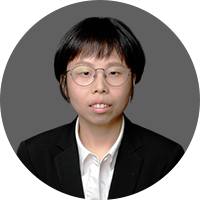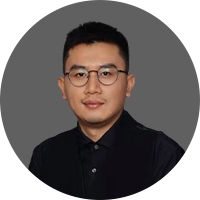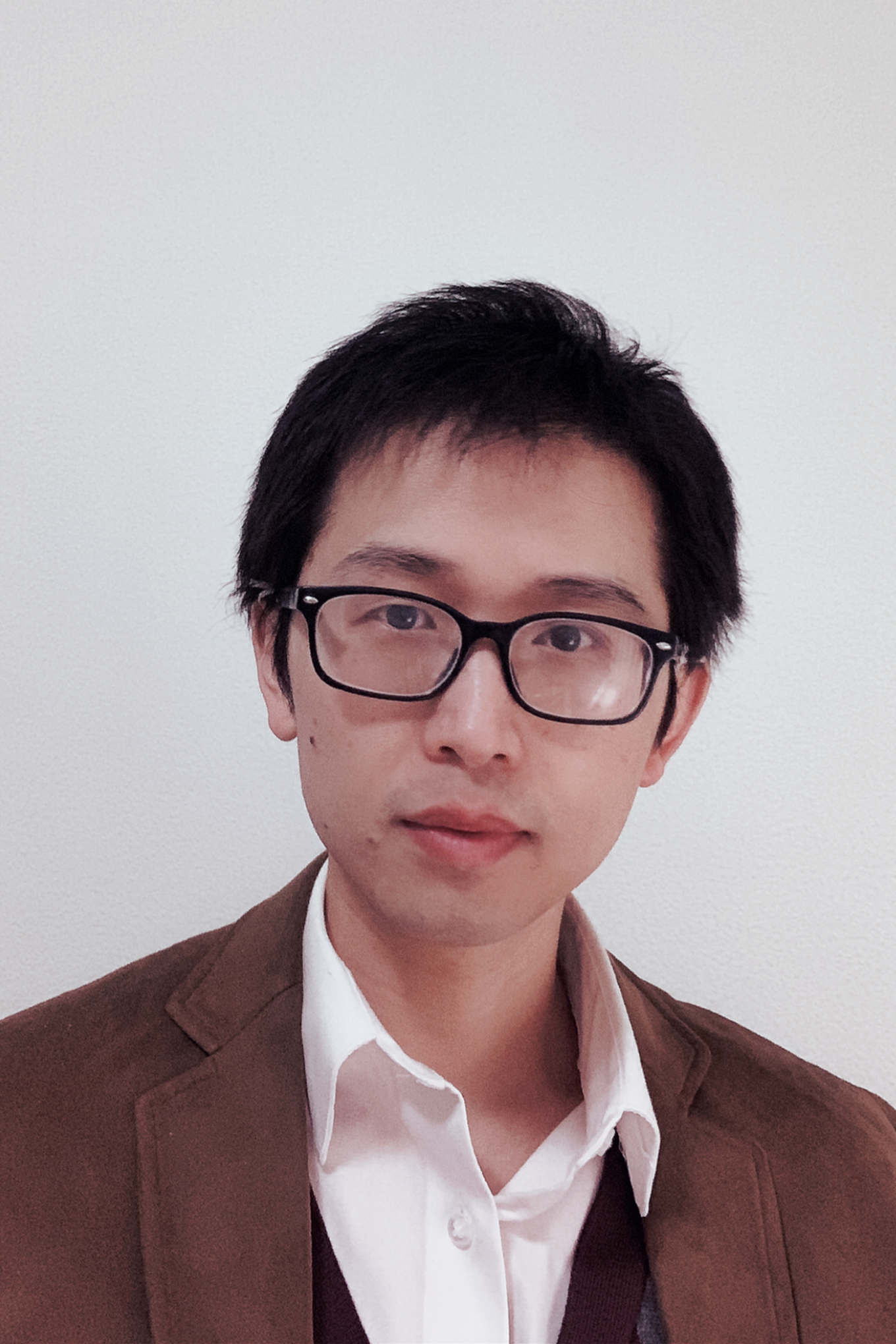Biotechnology & medicine
Kai Wang
Providing a deeper understanding of how the human optic nerve network intelligently "corrects" vision errors.

China
Fei Wang
For the first time, she experimentally demonstrated reliable operations of large-scale computational circuits containing 30 logic gate elements and 30 layers of DNA strand displacement reactions, breaking through the bottleneck of DNA molecular computation in terms of circuit size and depth over the last 20 years.

China
Xiaodong Liu
Mass fabrication technology for flexible monocrystalline silicon solar cells that can bend over 360 degrees.

Asia Pacific
Dalong Ni
Nanomaterial-based repair medicine, offering novel strategies to repair organ injuries.

China
Feiran Li
Integrating AI and systems biology methods to develop an advanced digital life framework and applying it to biomedicine.
